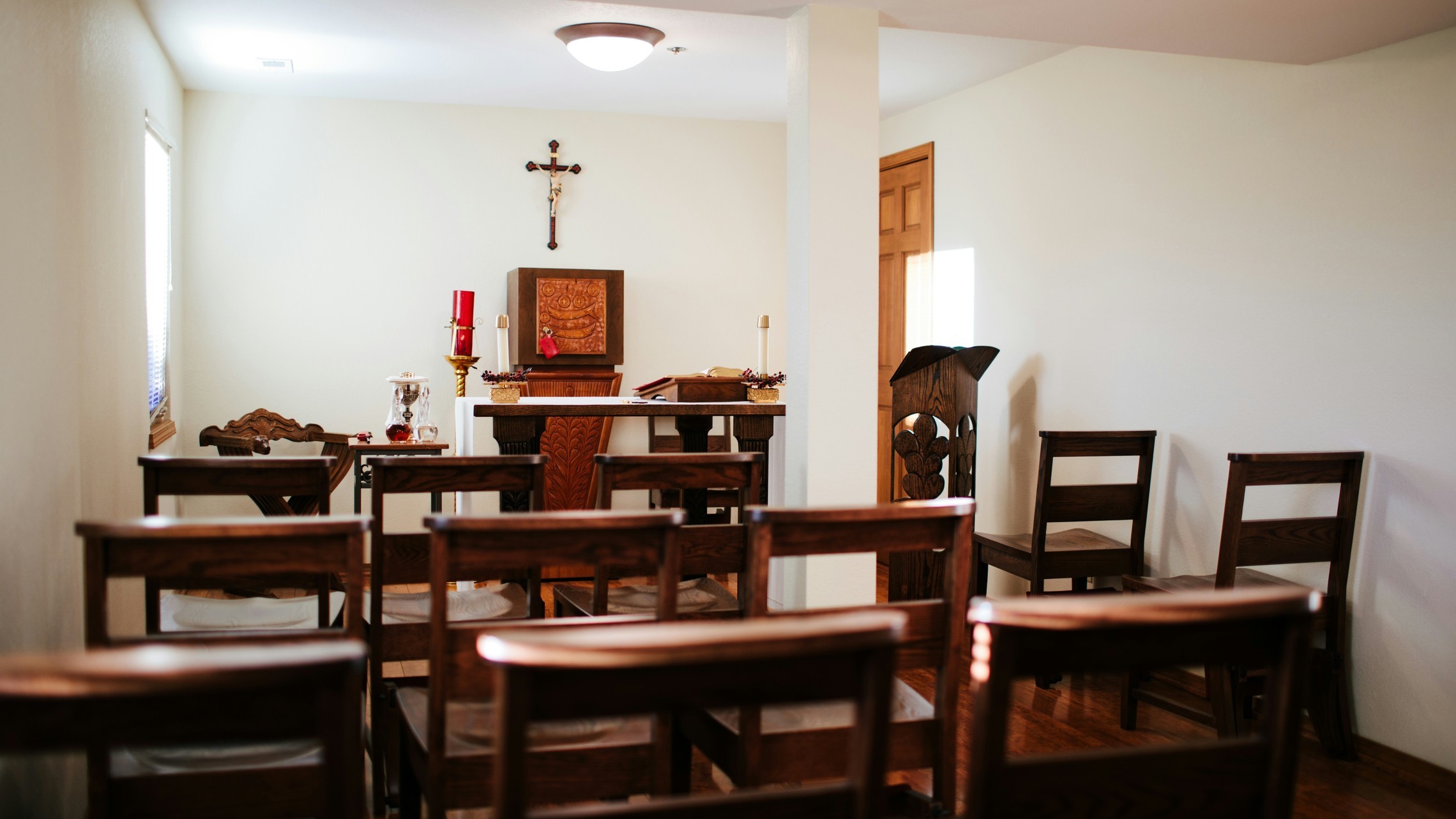
The infamous Psalm 23 Davidic discourse I argue, provides us with a serene and loving description of the Psalmist-David and the Lord-Shepherd. From the onset, we immediately encounter a distinctive proclamation from the Psalmist that the Lord is indeed his Shepherd and that there is no need for anything else other than the love of the Father in heaven. There is a recognition of trust from the Psalmist to our Lord that he will be taken care of and that the most important thing is to have an intimate relationship with him as the path to eternity is what is most precious.
As much as the relationship is valued and affirmed, the Psalmist reminds us that even if we encounter moral and spiritual calamity around us and the reality that we may fall prey to this calamity, He will never leave us, He will be by our side and comfort our afflictions. The Psalmist concludes that he will be anointed, sealed, healed, and renewed by the Lord’s goodness and mercy in a similar fashion in the anointing we receive in the sacrament of baptism, confirmation, and anointing of the sick as laity.
The Psalmist concludes the proclamation of his relationship with God and rightfully states that goodness and mercy shall follow him throughout this life because he intends to dwell in the house of the Lord forever.[1] The sincerity of the Psalmist’s words demonstrates how you and I are to live a life in complete filial trust in the will of God. We encounter this reassurance of faith when God tells the prophet Jeremiah that He will be the God of all the families of Israel and will continue to nourish and nurture them and make a new covenant with them.[2]
In St. Matthew’s Gospel, we encounter the fruition of this covenant in the Son of God Jesus Christ who is described as traveling through the cities and villages teaching in the synagogues, preaching the Gospel, and healing everyone with a disease and infirmity.[3] After the initial euphoria of his Divine exploits is embraced, Jesus proceeds to explain how we are to handle the moral and spiritual calamity of the world to take up our cross and follow him[4] which coincides with the Psalmist's proclamation to dwell in the Houe of the Lord. Jesus reminds us that to dwell in the Lord’s house requires a docility of faith and a surrender to the will of God through the Holy Spirit:
And I tell you, everyone who acknowledges me before men, the Son of man also will acknowledge before the angels of God; but he who denies me before men will be denied before the angels of God. And everyone who speaks a word against the Son of man will be forgiven, but he who blasphemes against the Holy Spirit will not be forgiven. And when they bring you before the synagogues and the rulers and the authorities, do not be anxious about how or what you are to answer or what you are to say; for the Holy Spirit will teach you in that very hour what you ought to say.[5]
A Contradiction in Synodality?
Any form of dialogical apparatus used to discuss the concept, advocacy, and application of God in the person's life must, I argue be constructed on a moral and reasonably understood structure where the human will is directed toward a free assent of the Divine will. Part of this apparatus also involves the anthropological relationship between man and the Son of Man and the application of the moral platform I allude to under a Christian context.
This means that the concepts of dialogue, discussion, emotion, and listening should not derive their identity from a personalized concept of conscience and morality that does not identify God through the Son Jesus Christ as the central arbiter of man’s Christian identity. The preference to base an application of the Law of God through a human lens versus a divine one is what St. Paul warns us about in his letter to the Colossians where he urges the faithful to do everything from above, where God is and not from below.[6]
This means that the revelation of Jesus Christ cannot be replaced with a personalist view that places greater value on the emotional interpretation of Catholic doctrine than Divine Revelation itself. The Holy Spirit for example is not an advocate for a spirit of preferential ideologies, the nature of the third person of the Holy Trinity is an advocate of the Father and the Son for the salvation of souls.
Facilitation over Instruction of the faith
The drama of salvation history is intimately tied to the eternal sacrifice of the man Jesus Christ who was both true God and true man.[7] The doctrine of the Incarnation analogous to the doctrine of the Hypostatic union analogous to the Holy Trinity should cause us to pause and reflect on the extent of God’s love for us that he assumed human form through His Son to destroy the pain of sin and death and open the gates of heaven for the salvation of mankind. The irony of this visible drama is that it has become either invisible to a certain representative body of the Church or visibly ignored and replaced with a new hermeneutic of faith. This novel approach aspires to promote a dogma of consensus and dialogue instead of a dogma of faith Divinely anchored in Sacred Scripture and Sacred Tradition. Why?
St. Paul’s letter to the Ephesians offers us a retort to the dogma of the consensus phenomenon in the following way:
But now in Christ Jesus you who once were far off have been brought near in the blood of Christ. For he is our peace, who has made us both one, and has broken down the dividing wall of hostility, by abolishing in his flesh the law of commandments and ordinances, that he might create in himself one new man in place of the two, so making peace, and might reconcile us both to God in one body through the cross, thereby bringing the hostility to an end. And he came and preached peace to you who were far off and peace to those who were near; for through him we both have access in one Spirit to the Father. So then you are no longer strangers and sojourners, but you are fellow citizens with the saints and members of the household of God, built upon the foundation of the apostles and prophets, Christ Jesus himself being the cornerstone, in whom the whole structure is joined together and grows into a holy temple in the Lord; in whom you also are built into it for a dwelling place of God in the Spirit.[8]
The stark difference between a facilitation versus a teaching of faith is that the former seeks affirmation and redefinition of sin, the latter seeks the salvation of the soul, embraces their wounded state, and leads him toward a path of redemption in Jesus Christ. This is the premise of authentic doctrinal living and where the novelty of a new hermeneutic of faith apart from Jesus Christ can be appropriately squelched. Echoing this sentiment, the Catechism has this to say about teaching:
Whoever is called “to teach Christ” must first seek “the surpassing worth of knowing Christ Jesus”; he must suffer “the loss of all things …” in order to “gain Christ and be found in him,” and “to know him and the power of his resurrection, and [to] share his sufferings, becoming like him in his death, that if possible [he] may attain the resurrection from the dead.[9]






